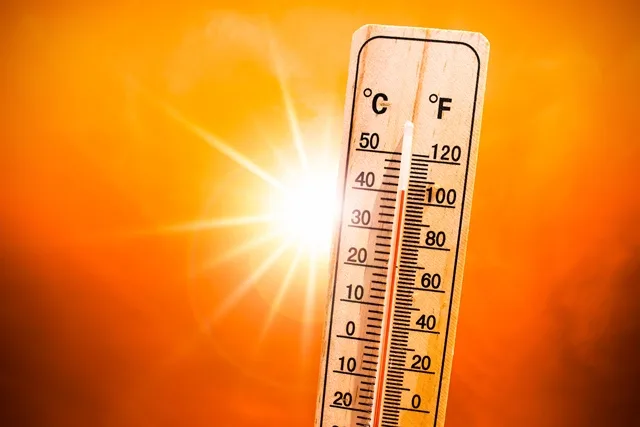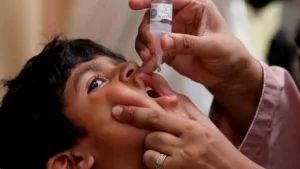Karachi is witnessing a sharp increase in food poisoning and waterborne diseases as the city endures an intense heatwave, with temperatures soaring up to 48°C. Hospitals report a significant influx of patients suffering from symptoms like vomiting, diarrhea, and dehydration. Many cases are linked to the consumption of contaminated foods, particularly fruits like watermelon, which are prone to spoilage in extreme heat.
Heatwave Exacerbates Health Risks
The ongoing heatwave, part of a broader climatic event affecting the region, has not only strained the city’s infrastructure but also heightened health risks. The elevated temperatures accelerate the spoilage of perishable goods, leading to increased instances of foodborne illnesses. Additionally, the heat compromises water quality, contributing to a rise in waterborne diseases such as cholera.
Public Health Response
In response to the crisis, health authorities are urging residents to exercise caution:
- Food Safety: Avoid consuming perishable items that may have been exposed to heat for extended periods.
- Hydration: Ensure the intake of clean, safe drinking water to prevent dehydration and waterborne diseases.
- Hygiene: Maintain strict personal hygiene practices to reduce the risk of infection.
Hospitals are on high alert, with emergency services prepared to handle the surge in patients. The public is advised to seek immediate medical attention if symptoms of food poisoning or heat-related illnesses occur.
Long-Term Considerations
The current situation underscores the need for improved food safety regulations and infrastructure capable of withstanding extreme weather conditions. As climate change continues to impact the region, proactive measures are essential to safeguard public health.
Residents are encouraged to stay informed through official channels and adhere to health advisories to navigate this challenging period safely.




+ There are no comments
Add yours